Last Updated on August 5, 2021

PLOT: The story of Wing Chun Grandmaster Ip Man (Tony Leung), through his life of privilege in Foshan, to his days as a teacher in Hong Kong, where he students included a young Bruce Lee.
REVIEW: Ip Man movies have been all the rage in Hong Kong/China lately. A few years ago, Donnie Yen starred in two extremely well-received action flicks (IP MAN & IP MAN 2) that chronicled Master Ip’s life throughout the Japanese occupation of Foshan, and his days immediately following the war. Both films focused heavily on the character’s legend, rather than the cold facts, adding up to two incredibly exciting, old school Kung Fu movies that re-established Donnie Yen as the pre-eminent martial arts star of his generation. Two lower-budget- but still very decent- companion films without Yen were also made, THE LEGEND OF IP MAN, which was a kind of prequel, and IP MAN: THE FINAL FIGHT, which starred HK character actor Anthony Wong in a fine performance. This final film tracked his life from his time in Hong Kong, to his brushes with Lee, to his death.

However, the most ambitious Ip Man film of all is Wong Kar Wai’s long-awaited THE GRANDMASTER. Having been in production for years, this marked WKW’s return to a genre he’s mostly avoided over his career, with ASHES OF TIME being the exception to the rule. Having played to mixed reviews during its initial release, there have been at least three different versions of the film (so far) with The Weinstein Cut that opens Friday apparently being the most streamlined, but also the shortest at 108 minutes.
The confusion behind the different cuts is such that to be honest, I’m not entirely sure which cut I saw at a screening in Montreal last week during the local Chinese Film Festival. I suspect it was the Chinese cut, as it ran over two hours. A friend of mine in the states saw the Weinstein version and we compared notes.
Apparently, despite the twenty minute difference in running times, the two cuts aren’t all that different. Completest fans will no doubt want to see the original cut, but considering that Wong Kar Wai’s first cut of the film ran four hours, it’s not like one version feels more complete than the other. Even the “long cut” feels terribly abridged, with characters wandering in and out of the film at random. One such character, an assassin called “The Razor” has apparently been almost completely removed from the Weinstein cut, and to be honest, this isn’t a bad thing, as his three scenes in the Chinese version had virtually no context, and seemed to have wandered in from another, longer cut of the film.

For a film about Ip Man, there’s actually very little about his life left in the movie. Tony Leung gets top billing, and the first half is “kinda” his story, pitting him against an affable master named Gong Yutian, that he’s forced to challenge over martial arts dominance in the south. Their eventual fight isn’t at all what you’d expect; delving deeply into the philosophy behind their respective martial arts, and it proves that whatever kind of movie WKW is making, it’s certainly not typical of the genre.
Then, about forty minutes in, the Japanese invade Foshan, and the film completely skips Ip Man’s activities during the war, picking up on him in Hong Kong, with very little mention of what happened to the family he left behind other than some on-screen text (although if you’ve seen the other Ip Ma movies, you’ll know). From there, the focus switches to Zhang Ziyi, who plays Gong Yutian’s daughter, who’s bent on avenging him against one of his former pupils. Her eventual train station showdown, in the midst of some picturesque snow, is memorable if highly stylized (neither Leung nor Zhang Ziyi have the martial arts prowess to compare to Yen).

Throughout it all, THE GRANDMASTER is often frustrating, and hard to fathom. The structure is often muddled, and a shorter running time, with a streamlined plot may actually be the rare case where it helps the film, although it would be fascinating to see a comprehensive reconstruction of WKW’s four hour cut.
Even though it’s messy, it still can’t be denied that THE GRANDMASTER is a beautiful mess. While Christopher Doyle does not return as WKW’s DP, the lensing by Phillipe Le Sourd is stunning, with rich sepia tones, and a few gorgeous rain or snow soaked battles (which often lack context, but are still beautiful). Shigeru Umebayashi, who worked with Wong Kar Wai on IN THE MOOD FOR LOVE and 2046 is back with another lush score, although WKW leans heavily on the use of Ennio Morricone’s ‘Deborah’s Theme’ from ONCE UPON A TIME IN AMERICA, which is used in a lovely way (as a major romantic motif) but at the same time, feels a bit like cheating as it can’t help but feel derivative of Sergio Leone.
Definitely, THE GRANDMASTER will not go down as one of Wong Kar Wai’s most successful films, at least not in its current iteration. But, that’s doesn’t mean it’s not still a good movie. If you’re going in expecting IP MAN 3 or even something like Zhang Yimou’s HERO, you’ll be disappointed as this isn’t really a martial arts movie. It’s a mood piece, and while flawed, it’s a gorgeous mess and a must-see for any Wong Kar-Wai fan, regardless of which version you see (I guess there are tons to pick from).








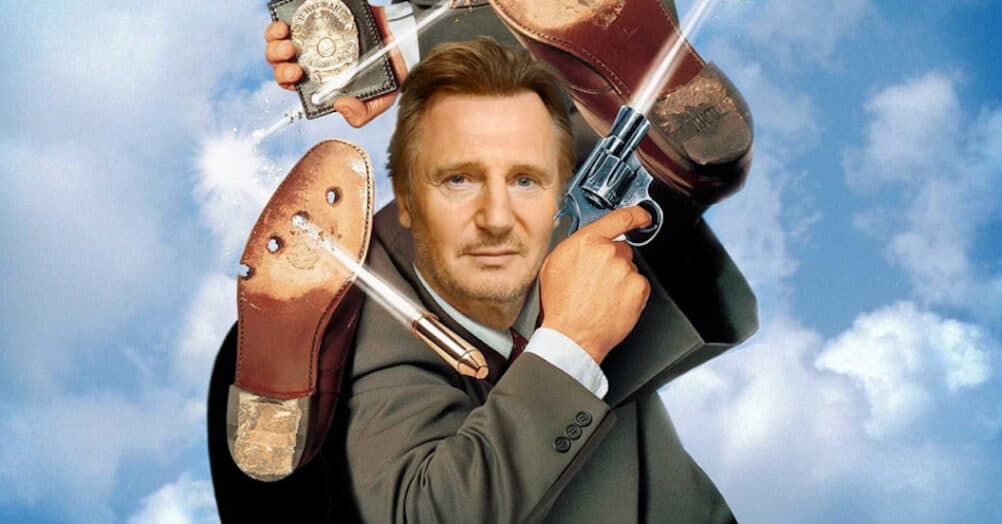
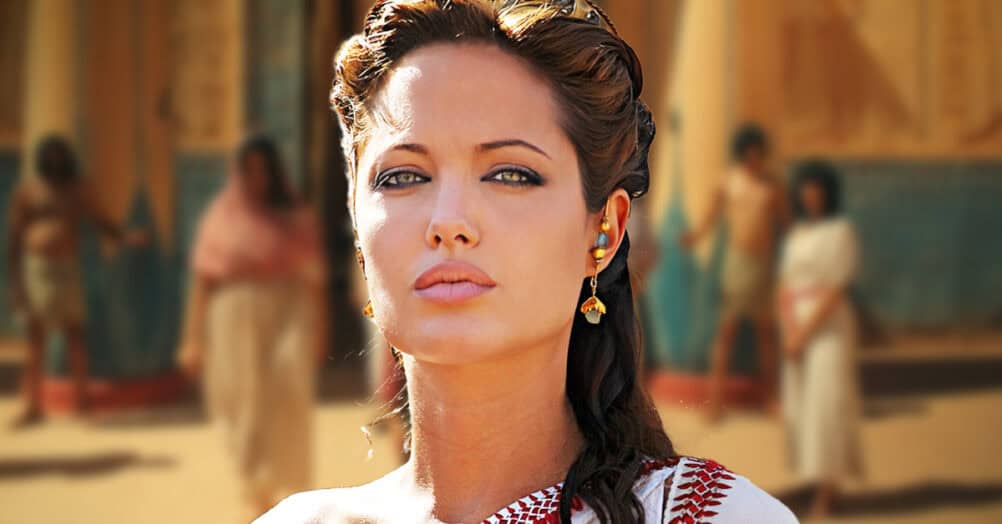
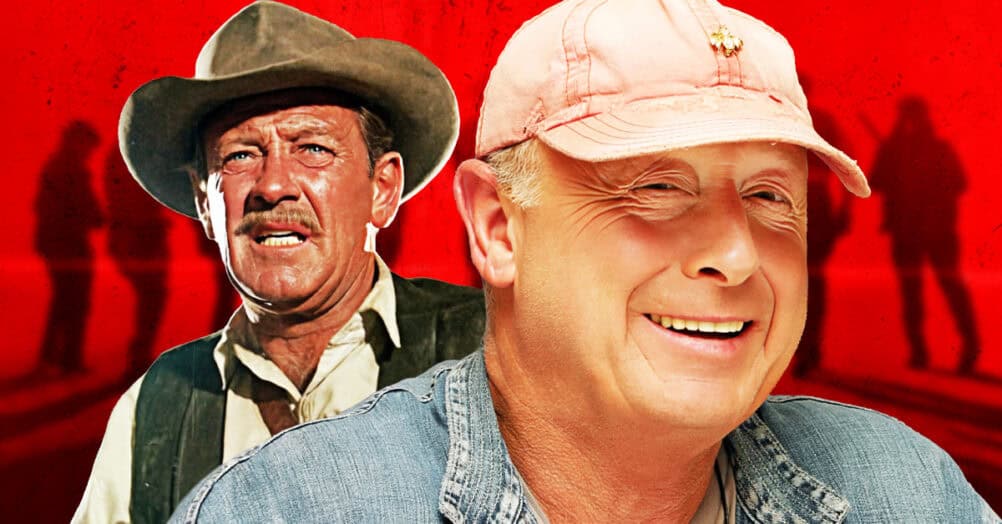
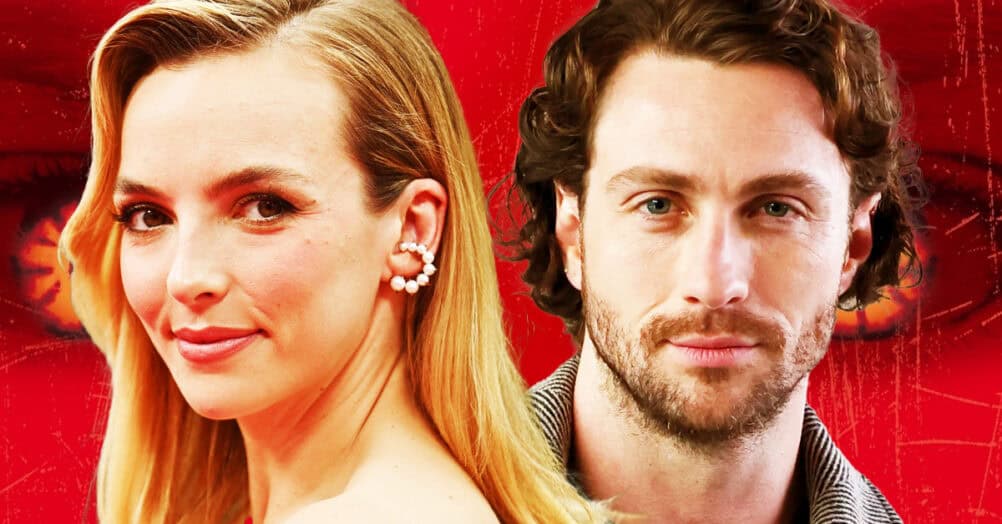
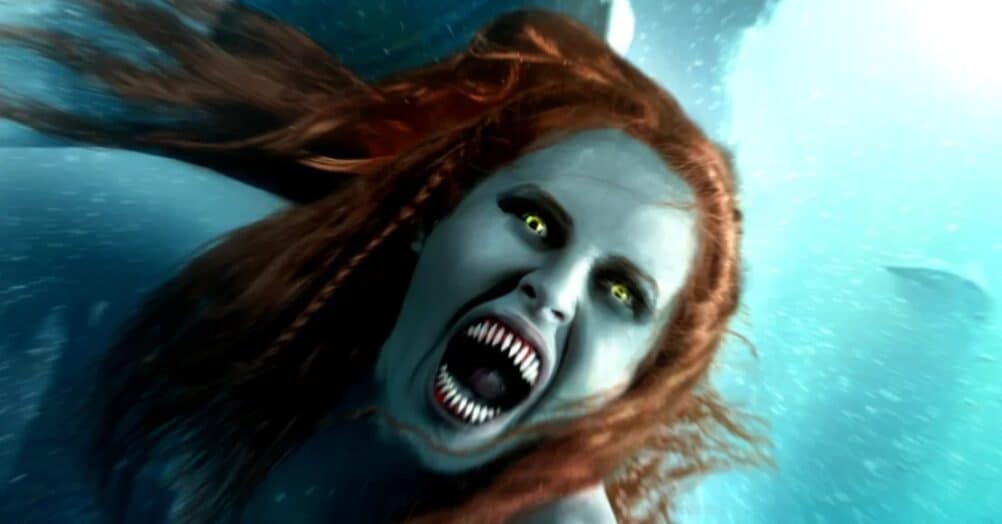
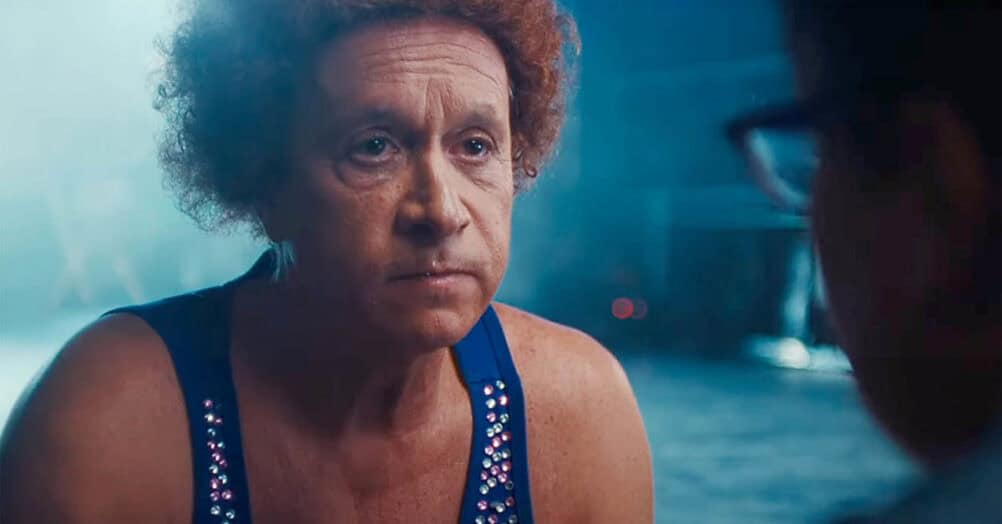
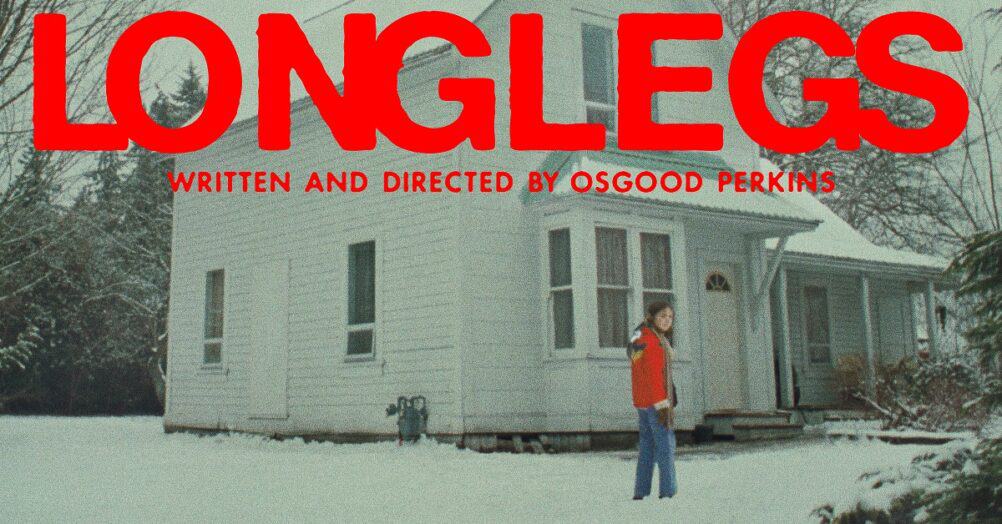
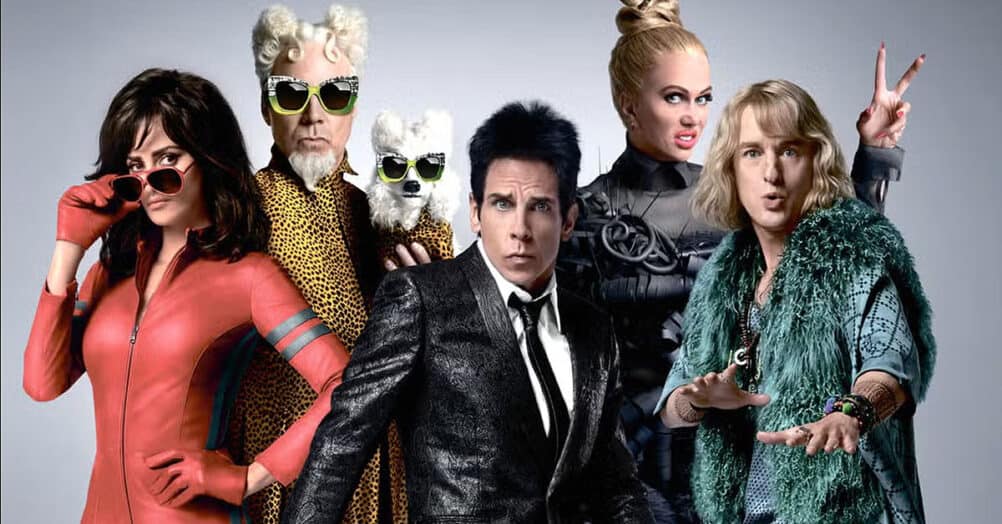
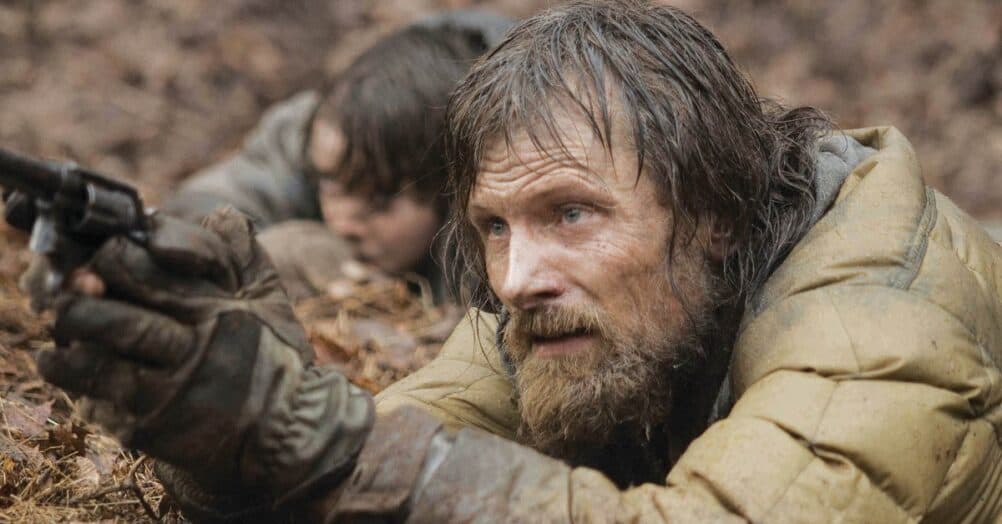

Follow the JOBLO MOVIE NETWORK
Follow us on YOUTUBE
Follow ARROW IN THE HEAD
Follow AITH on YOUTUBE